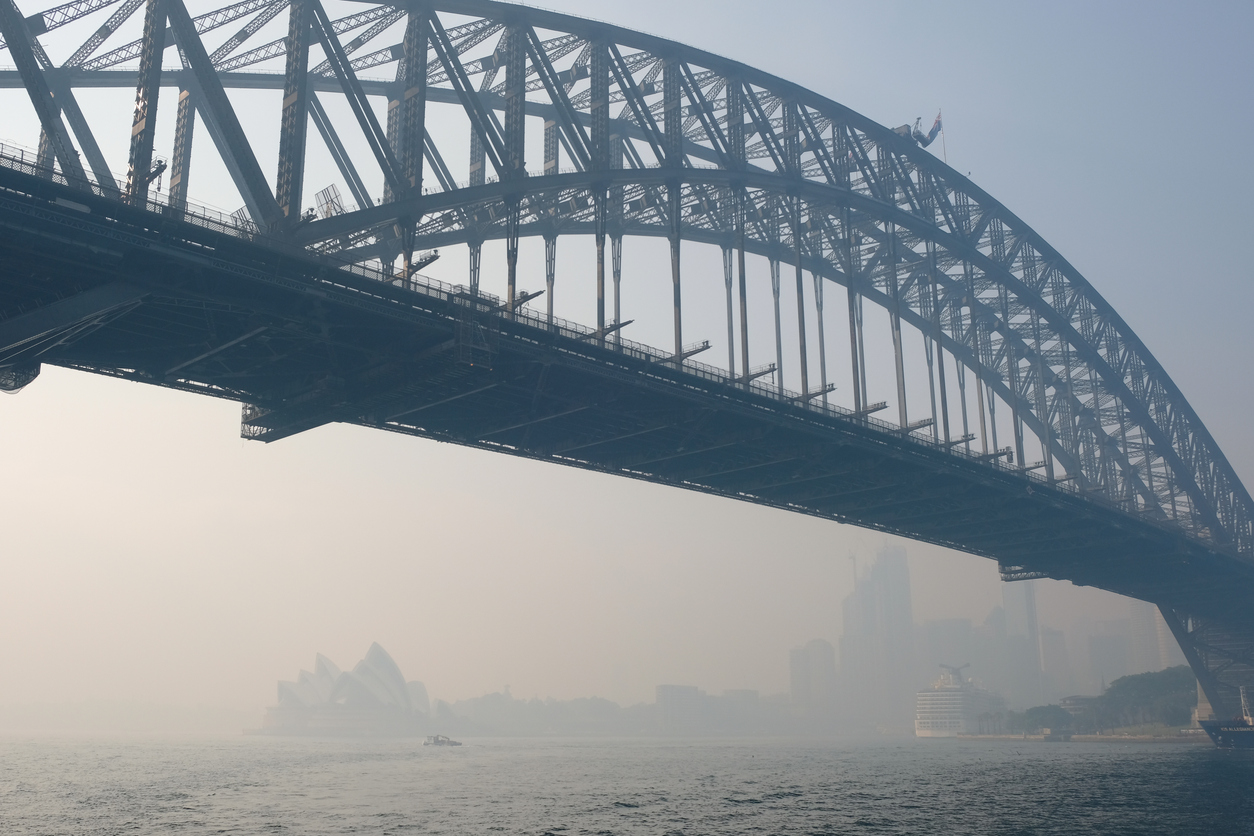Between June 2019 and Feb 2020, approx 46 million acres of land were destroyed by bushfires in Australia. Sadly, an estimated 80% of the Blue Mountains and more than 50% of the Gondwana Rainforest World Heritage sites were burned, and businesses, homes and lives lost. It’s difficult to estimate the economic cost of “megafires” in the face of the devasting loss of human life and the decimation of wildlife species and their natural habitat. However, the full economic cost of Australia’s bushfires is difficult to envisage as the full impact of the disaster is still unfolding. Economists expect costs to exceed the A$4.4 billion mark of the Black Saturday blazes with tangible costs estimated at A$100 billion. The Deloitte Access Economic ratio of intangible to tangible costs estimates a staggering combined cost of A$230 billion.
The megafires of 2019/2020 are, by far, Australia’s costliest natural disaster, the effects of which are expected to be felt for years if not generations to come. Local economies are generally the hardest hit after bushfires ravage townships; however, the scale of the 2019/2020 fires will have a much broader impact. Moody’s Analytics economist Katrina Ell raised concerns about the direct impact on local industries such as agriculture and tourism, but also spoke of broader economic effects of air pollution causing “reduced worker productivity, increased health spending and lower crop yields.” Aside from the unprecedented loss of wildlife, farms and timber plantations were destroyed and up to 100,000 sheep were killed in the Kangaroo Island fires with over 25,000 more lost on mainland Australia. Local industries in Australia had been pained for some time due to continuing drought and the recent fires all but crushed any remaining hope of recovery.
Economic Codependency
There were an estimated 23,362 insurance claims filed across NSW, VIC, QLD & SA between Nov 8, 2019, and Feb 14 2020. Insured claims amounted to more than A$1.9 billion with damage claims taking weeks to assess. Bushfires left the already feeble consumer confidence paralysed and defenceless against what was to come next, the Coronavirus (COVID-19). Australia is currently walking an economical tight rope in the shadow of the bushfires and the Coronavirus crisis. Despite moving down the list, Australia is still favourably ranked no.17 on the Legatum Prosperity Index. Australia relentlessly mines its fragile land for coal, natural gas and iron ore, with China our top export market accounting for over A$85.2 billion in 2017/18.
Australia has long relied on Chinas remarkable growth for its continued prosperity, with China accounting for a third of all exports. This controversial dependence on China is being tested at present, in the wake of the megafires and in light of the COVID-19 outbreak. Australia continues in its attempts to navigate the tremendous environmental and economic impacts of climate change despite the distasteful political ramifications. Climate change is estimated to have “boosted” Australia’s risk of bushfire by 30% with consequences that can no longer be ignored.
Supply Chains Feel the Pressure
Shipping containers loaded with goods destined for China, such as the 21,000 units of organic Meluka Honey that are being held up on the docks in Sydney will have a huge impact on those businesses. Additionally, the Australian government’s decision to enforce a 14-day quarantine on ships leaving China bound for Australia will also cause immense pressure for supply chains and delays for Australian energy and mineral shipments. The cascading impact of the bushfires and the COVID-19 virus will hit the economy from all angles, industries such as healthcare, education, retail, transportation, hospitality, technology, agriculture will continue to reel under the impacts for some time. Renowned as the most China-dependent economy in the developed world, it looks like Australia will need to tread water for the near future until China, and the rest of the world has the Coronavirus in hand.
